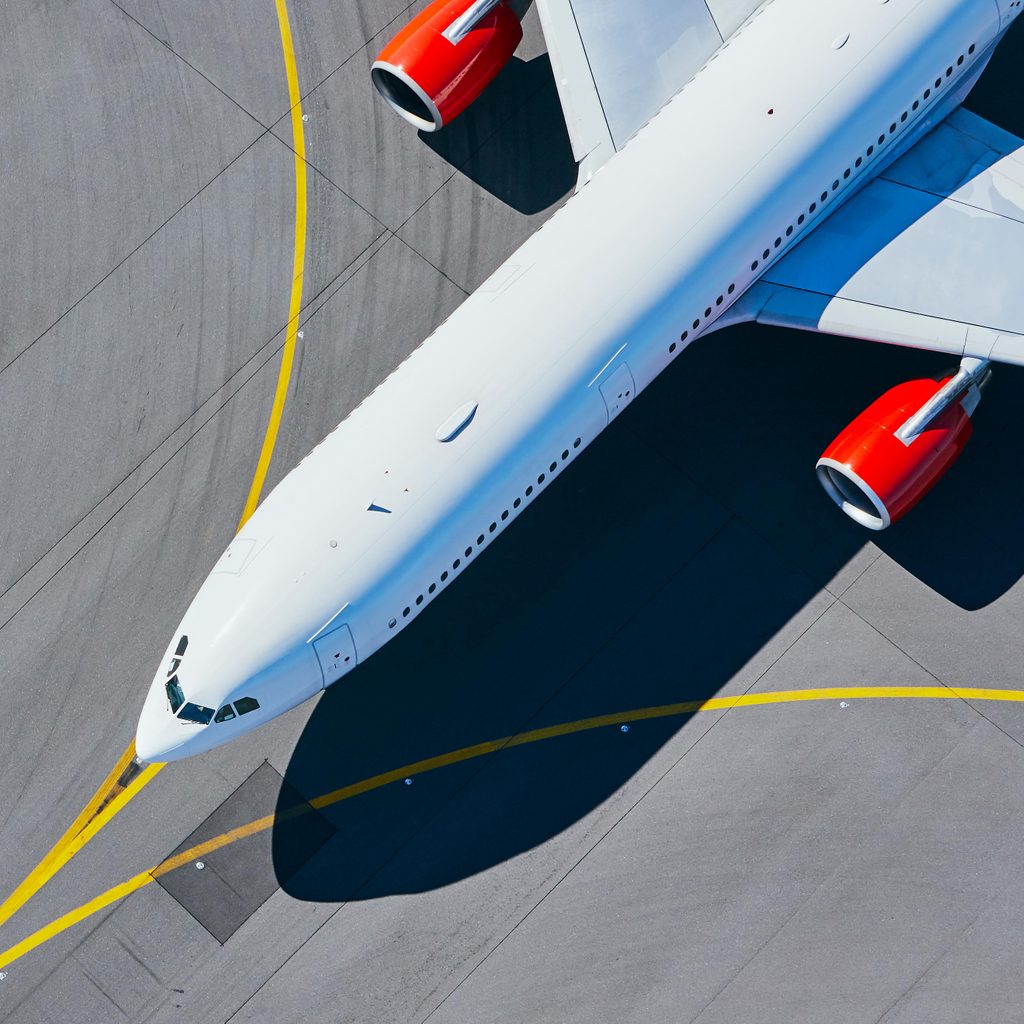Is There a Minimum Amount of Passengers Planes Need In Order to Fly?
Updated: Jun. 21, 2022

What's in a number, indeed.
What’s in a number?
Once upon a time, people bought flights and planned exciting trips for places in new cities and continents around the world. Festivals, celebrations, holidays—the world was their oyster. Airports were bustling with people towing suitcases on lines that weaved through security and eventually on lines before boarding flights. However, since COVID-19 is now in every continent except Antarctica, travelers and locals alike have scrambled to find flights to go back home and once home to stay home. With images of people on near-empty planes, how is it possible for flights to stay in the air with only a handful of passengers? As if empty flights aren’t worrying enough, this is how much the coronavirus is costing the world (so far).
One is the loneliest number…or is it?
So how are you able to have an airplane mostly to yourself when you fly? Sometimes, it happens by accident. One woman paid about $60 to fly four hours on a 189-passenger plane from Glasgow, Edinburgh to Crete, Greece on Jet2, a British low-cost airline, simply because the other passengers on her flight didn’t show up. But now that we’re in the midst of a pandemic, fewer and fewer people are keen on taking flights around the world, let alone within their own country.
Other times, airlines intentionally fly planes even though no passengers are on board. According to the Times of London, “British airlines are being forced to operate empty ‘ghost’ flights during the coronavirus outbreak or risk losing airport landing slots.” This means that like paying for a parking space to park your car, airplane spots are prime real estate, too.
According to CityLab, “More than 200 of the world’s busiest airports allocate specific time slots to airlines, which often pay top dollar for them. To manage demand, airlines are required to use their slots at least 80 percent of the time, or risk losing them to a competitor.” In order to fulfill that requirement, flying planes with less people, including empty or mostly empty, fits the bill and allows them to keep their slot. However, while we’re in a pandemic, airlines are calling on having the rules changed. If you’re already at home, here’s how to keep your family safe and make the most of together time.
The new normal?
Airports and airlines around the world have been affected. Thousands of layoffs have occurred and more flights have been grounded. For example, at Southwest, planes are flying around 20 percent full. The rules of the air are changing, and only time will reveal what will happen on the other side. These are the 13 everyday habits that could (and should) change after coronavirus.
